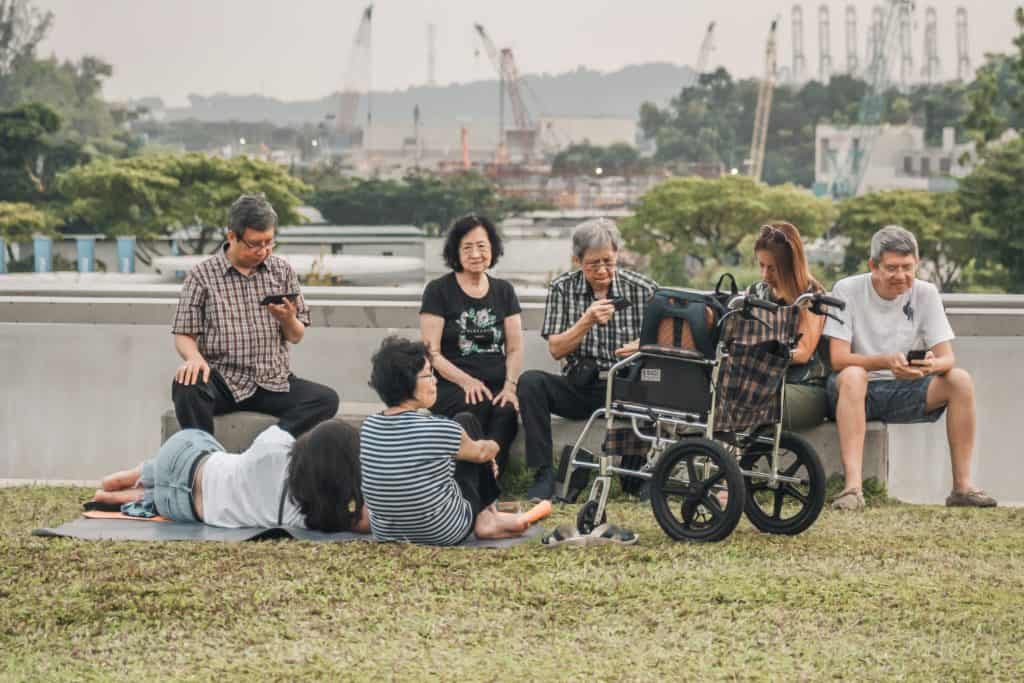When president John F. Kennedy designated the month of May as the first Older Americans Month in 1963 (originally called Senior Citizens Month), many older adults across the country lived in poverty, which was partly the impetus for the designation. Additionally, the designation sought to bring awareness to the needs and supports for the well-being of older adults. Fast-forward nearly 60 years later to 2020 and senior poverty is, perhaps unsurprisingly, ever-present.
Over 7.2 million seniors lived in poverty in 2017 and face limited economic security. And now with the added threat of coronavirus exacting severe complications on seniors’ health, the distressing state of seniors in America is crystal clear. Each May, we gather together as a country to celebrate the accomplishments, community, volunteerism and contributions of older adults, but this year feels different.
Older adults that may be living in poverty are usually living on fixed incomes, dependent on Social Security, and may have challenges meeting basic needs, such as housing, transportation, adequate nutrition and access to emergency funds. When a significant emergency happens, such as this pandemic, seniors may struggle. Older adults age 50 and older that are in the workforce may have positions eliminated, given the high rates of unemployment. When the economy eventually begins to recover, that age group may find it increasingly difficult to find comparable jobs and salaries, especially considering the prevalence of age discrimination.
As it is, food insecurity has riveted older adults across the country. California governor Gavin Newsom announced plans in late April to partner with restaurants to deliver meals to seniors, in part to encourage the population to stay home and limit their risk of contracting COVID-19, as well as supporting local businesses and the essential workforce.
Beyond the lethality of the coronavirus for older adults, the economic shock of COVID-19 is taking its toll on older adults’ long-term financial security. The Federal Trade Commission is receiving reports of new scammers and exploitation tactics related to COVID-19, targeting older adults, already a vulnerable population to financial fraud and exploitation. Social isolation already plays a key role in the development of fraud and exploitation behavior, given the need to practice social distancing many seniors may experience increased social isolation and loneliness.
The COVID-19 pandemic illustrates just how far we’ve strayed from our collective care for seniors in the U.S. today. The CARES Act is a band aid, a necessary one, but it reveals a deep truth — we need to do so much more to support our most vulnerable members of society.
At a moment in time when some leaders support trading senior lives for the economy to bounce back, we need to ask ourselves what Older Americans Month means to us today.
Each year the Administration on Community Living announces a theme for Older Americans Month. This year the theme is “Make Your Mark,” meant to celebrate seniors and the great contributions they make in their communities. There’s absolutely no doubt older adults have made their mark on society, their families and communities. As we’re faced with a dire national crisis, we need to ask ourselves — How are we making our mark in our commitment to ensuring older adults age with dignity #afterthis?
Karen Kali is NCRC’s Senior Program Manager for Special Initiatives
Photo by Kevia Tan on Unsplash



